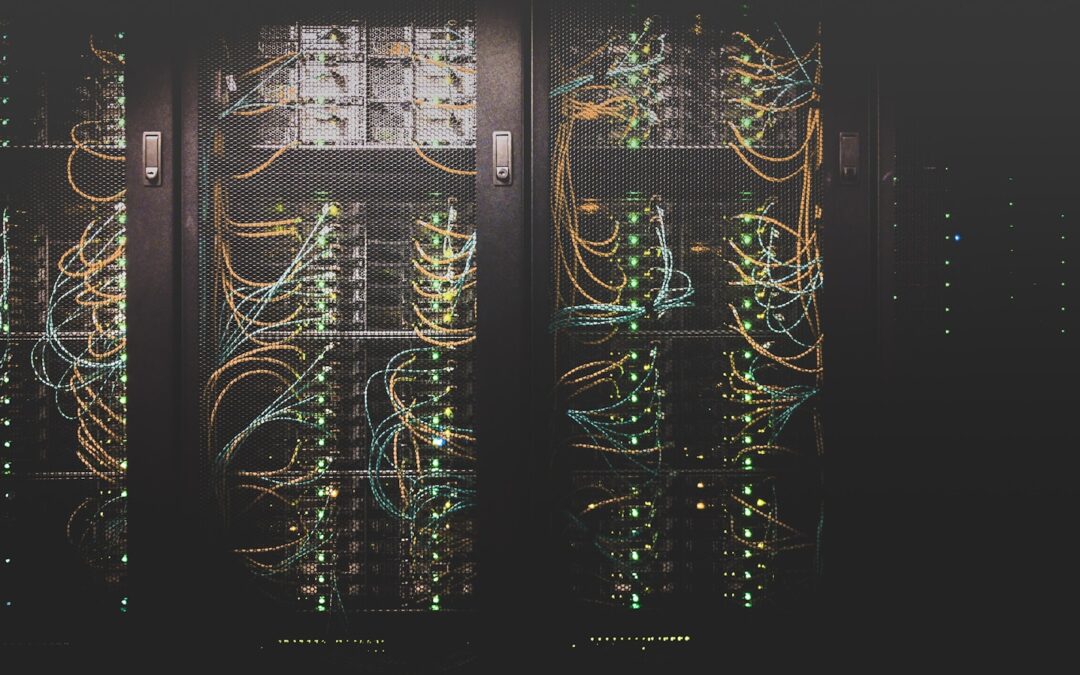The Importance of Compliance in Protecting IoT Networks
Why Global Data Privacy Standards Are Essential for IoT Security
Ensuring compliance with global data privacy standards in IoT networks is crucial for protecting sensitive information and maintaining the integrity of connected devices. As IoT adoption accelerates in regions like Saudi Arabia and the UAE, safeguarding data privacy has become a top priority for businesses and governments alike. Global data privacy standards provide a framework for organizations to protect user data, ensure transparency, and maintain trust with their customers. Without adherence to these standards, IoT networks are vulnerable to data breaches, unauthorized access, and other security risks that can have severe consequences for both individuals and organizations.
In cities such as Riyadh and Dubai, where smart technologies are integral to urban development, compliance with international data privacy standards is not just a legal obligation but also a strategic necessity. These standards help businesses mitigate risks associated with data collection, processing, and sharing, ensuring that user information is handled with the utmost care. By aligning with global privacy regulations, organizations can avoid hefty fines, legal disputes, and reputational damage that can arise from non-compliance.
Moreover, global data privacy standards are constantly evolving to address new challenges in the digital landscape. For IoT networks, staying compliant means keeping up with the latest regulations and best practices to protect against emerging threats. This proactive approach to compliance not only enhances security but also strengthens the organization’s reputation as a trustworthy and responsible entity in the eyes of consumers and stakeholders.
Key International Standards for IoT Data Privacy
To successfully implement compliance with global data privacy standards in IoT networks, it is essential to understand the key international standards that govern data privacy. One of the most widely recognized frameworks is the General Data Protection Regulation (GDPR) in the European Union. GDPR sets stringent requirements for how personal data is collected, processed, and stored, with a strong emphasis on user consent and data transparency. For businesses operating in or serving customers in the EU, ensuring compliance with GDPR is non-negotiable.
Another critical standard is the California Consumer Privacy Act (CCPA), which regulates data privacy for residents of California. Similar to GDPR, CCPA provides individuals with the right to know what personal information is being collected about them, the ability to request the deletion of their data, and the right to opt-out of data sales. As IoT devices become more prevalent in the U.S., compliance with CCPA is essential for businesses to avoid legal challenges and maintain consumer trust.
In addition to these regulations, the ISO/IEC 27701 standard provides guidelines for implementing a privacy information management system (PIMS). This standard is designed to help organizations manage personal data in compliance with privacy regulations, making it particularly relevant for IoT networks that handle large volumes of sensitive information. By adopting ISO/IEC 27701, businesses can demonstrate their commitment to data privacy and build a robust framework for managing personal data across their IoT ecosystems.
The Role of Regional Compliance in Global Data Privacy
While global standards such as GDPR and CCPA are critical, ensuring compliance with global data privacy standards in IoT networks also requires attention to regional regulations and guidelines. In the Middle East, countries like Saudi Arabia and the UAE have introduced their own data protection laws to address the unique challenges of their digital landscapes. For example, Saudi Arabia’s Personal Data Protection Law (PDPL) and the UAE’s Federal Law No. 2 of 2019 concerning the use of information and communication technology (ICT) in the healthcare sector are key frameworks that businesses must consider when operating in these regions.
Compliance with regional data privacy laws is essential for businesses to operate legally and ethically within different jurisdictions. By aligning with both global and regional standards, organizations can ensure that their IoT networks are secure, resilient, and capable of meeting the diverse requirements of the global market. This dual compliance approach is particularly important in regions like Riyadh and Dubai, where international and local partnerships drive technological innovation and smart city initiatives.
Moreover, staying informed about regional developments in data privacy regulations is crucial for businesses to remain competitive. As countries in the Middle East continue to develop their data protection frameworks, businesses must adapt their compliance strategies to meet new requirements and maintain their standing in the market. This proactive approach to regional compliance not only protects the organization but also positions it as a leader in privacy and security in the IoT space.
Implementing Global Data Privacy Compliance in IoT Networks
Strategies for Ensuring Compliance in IoT Systems
Implementing compliance with global data privacy standards in IoT networks requires a comprehensive strategy that addresses both technical and organizational aspects. The first step is to conduct a thorough assessment of the IoT network to identify potential vulnerabilities and areas where privacy standards may not be fully met. This assessment should include a review of data collection practices, data storage and transmission methods, and the mechanisms in place for obtaining user consent.
Once the assessment is complete, businesses should develop a detailed compliance plan that outlines the steps needed to address any gaps identified during the assessment. This plan should include measures for enhancing data encryption, implementing secure communication protocols, and ensuring that all IoT devices comply with the relevant data privacy standards. For businesses operating in regions like the UAE and Saudi Arabia, it is essential to tailor this plan to meet both global and regional regulations, ensuring comprehensive compliance across all jurisdictions.
Another critical component of the compliance strategy is employee training and awareness. Ensuring that all employees understand the importance of data privacy and are equipped to follow best practices is essential for maintaining compliance. This includes regular training sessions, updates on new regulations, and clear guidelines for handling personal data within the IoT network. In a rapidly evolving regulatory environment, continuous education and engagement with employees are key to maintaining a strong compliance culture.
Overcoming Challenges in Global Data Privacy Compliance
While ensuring compliance with global data privacy standards in IoT networks offers significant benefits, it also presents several challenges that businesses must address. One of the primary challenges is the complexity of managing compliance across multiple jurisdictions, each with its own set of regulations and standards. To overcome this, businesses should invest in compliance management tools that can help monitor and track compliance across different regions. These tools can automate many aspects of the compliance process, reducing the burden on IT and legal teams.
Another challenge is the dynamic nature of IoT networks, where new devices and data flows are constantly being introduced. Ensuring that these new elements comply with existing data privacy standards can be difficult, especially if the network is large and complex. To address this, businesses should implement continuous monitoring and auditing processes that can quickly identify and address any compliance issues as they arise. This proactive approach ensures that the IoT network remains compliant even as it evolves and expands.
Finally, maintaining transparency with users is essential for building trust and ensuring compliance. Businesses must clearly communicate their data privacy practices, including how data is collected, used, and protected within the IoT network. This transparency not only helps businesses comply with regulations but also fosters trust and loyalty among users, which is critical for long-term success in the IoT market.
The Benefits of Compliance for Business Success
In conclusion, ensuring compliance with global data privacy standards in IoT networks is not just a legal obligation but a strategic advantage for businesses. By adhering to international and regional data privacy regulations, organizations can protect sensitive information, reduce the risk of data breaches, and build trust with customers and stakeholders. Compliance also enhances the overall security of IoT networks, making them more resilient to cyber threats and better equipped to handle the demands of a connected world.
Moreover, businesses that prioritize compliance are better positioned to succeed in a competitive global market. As consumers and regulators become increasingly concerned with data privacy, organizations that demonstrate a strong commitment to protecting personal information will stand out as leaders in their industry. For businesses in Saudi Arabia, the UAE, and beyond, investing in compliance is a crucial step toward achieving long-term success in the IoT landscape.
By implementing effective compliance strategies, overcoming challenges, and fostering a culture of transparency and trust, businesses can ensure that their IoT networks are secure, compliant, and ready to meet the demands of the future.
—
#IoTCompliance, #DataPrivacy, #GlobalStandards, #IoTSecurity, #PrivacyProtection, #BusinessSuccess, #LeadershipInTechnology, #ProjectManagement













